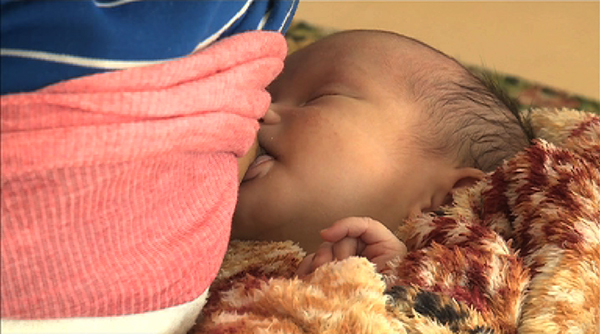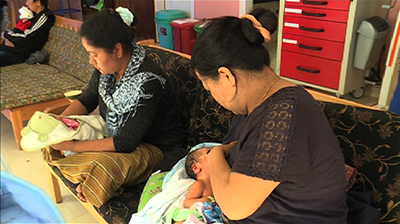 Currently, Bhutan’s rate of exclusive breastfeeding for first six months of newborns stands at over 51 per cent, which is slightly higher than the Sustainable Development Goal’s global nutrition target of 50 per cent.
Currently, Bhutan’s rate of exclusive breastfeeding for first six months of newborns stands at over 51 per cent, which is slightly higher than the Sustainable Development Goal’s global nutrition target of 50 per cent.
However, the Health Ministry aims to achieve 100 per cent exclusive breastfeeding. Towards achieving the target, the ministry’s Nutritional Programme has initiated ‘Mother and Baby Friendly Hospital’ at the National Referral Hospital in Thimphu. The initiative has been recommended by WHO and UNICEF to promote, protect, and support exclusive breastfeeding programme for initial six months of babies.
To operate the Mother and Baby Friendly Hospital as its name suggests, midwives and maternity staff attended a short course. It is also in line with the pre-training assessment carried out earlier this month, which revealed that 90 per cent of the maternity staff at Thimphu hospital had knowledge about the initiative but not all practised it. “The Health Ministry has highlighted that all staff especially those dealing directly with mother and child must be trained to run the mother and baby friendly hospital,” said Dr. Gosar Pemba, the Medical Superintendent of National Referral Hospital.
The short course included training maternity staff to help pregnant women and mothers to exclusively breastfeed their babies right after the birth, and advice them and care givers on nutritional requirements of both mothers and babies during breastfeeding phase. “Mother and baby friendly hospital initiative is mainly quality improvement programme where health staff of antenatal and neonatal clinic, and pediatric ward create a hospital atmosphere to support mothers and newborns,” said Dr. Vandana Joshi, the Chief of Health, Nutrition and WASH of UNICEF.
The National Referral Hospital has recently started this initiative after a successful pilot initiative in Phuentshogling hospital last year. “JDWHRH had challenges like limited staff and resources to start the mother and baby friendly hospital. But after we implemented the programme and after successful series of periodic monitoring, we noticed that we have evidence to show improvement in practices and quality of the hospital,” told Laigden Dzed, the Senior Programme Officer, Nutrition Programme of Health Ministry.
Through Mother and Baby Friendly Hospital initiative, the JDWNRH endeavours to increase the rate of exclusive breastfeeding to support children’s health, eradicate malnutrition cases and save lives of more babies. Similar initiative will be launched in other referral hospitals in the country.
Benefits of six months exclusive breastfeeding to babies
 Nutritional experts from World Health Organisation (WHO), paediatricians and nutritionists in the country always emphasise that breastfeeding a baby for the first six months will result in healthier growth without any illness. This is because breast milk is ideal food containing all the required vitamins and proteins for babies during their first six months.
Nutritional experts from World Health Organisation (WHO), paediatricians and nutritionists in the country always emphasise that breastfeeding a baby for the first six months will result in healthier growth without any illness. This is because breast milk is ideal food containing all the required vitamins and proteins for babies during their first six months.
Apart from nutritional benefits, breastfeeding practise will help develop a strong bond between a mother and a child which will lead to better understanding, emotional stability, and intelligence of a child during his/her growing phase.
Other plus points of six months breastfeeding are that infants are less likely to abuse drugs and have negative behavioural attitudes as they grow.







